How big of a solar generator do I need for my house
Solar energy is a powerful and sustainable way to generate electricity for your home. When considering how big of a solar generator you need for your house, factors like your
Energy for A Greener Future
Solar generator
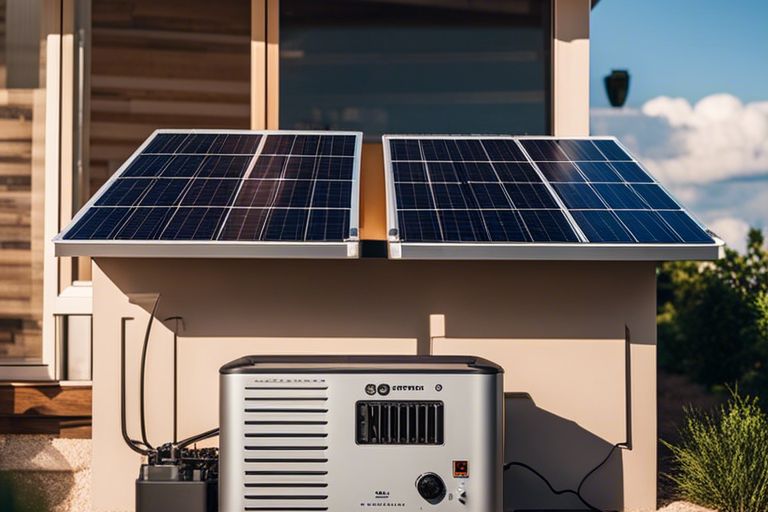
Solar energy is a powerful and sustainable way to generate electricity for your home. When considering how big of a solar generator you need for your house, factors like your
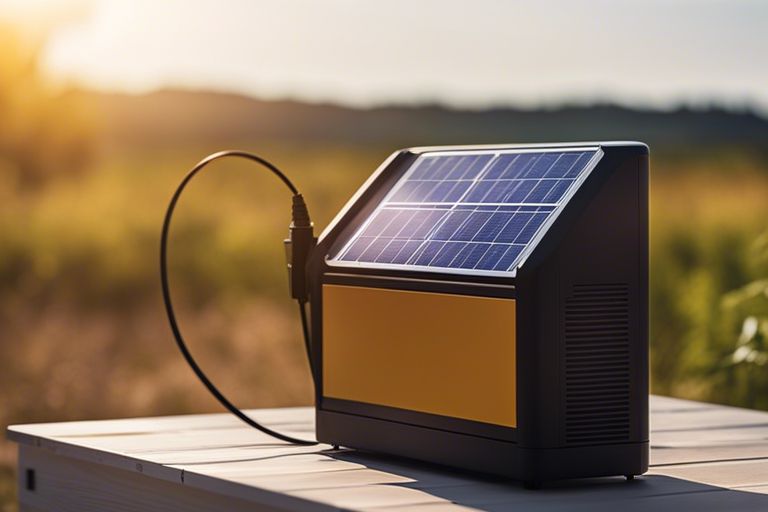
You may be wondering about the longevity of a solar generator and how many hours it can power your devices. Understanding the factors that impact the battery life of your
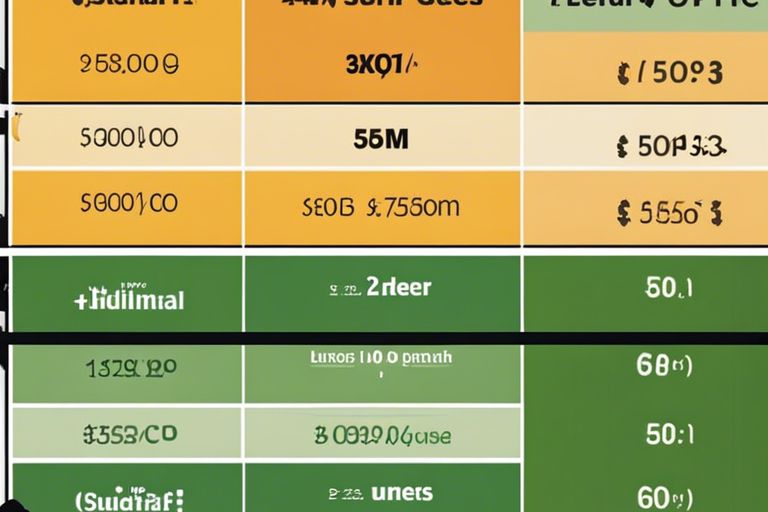
Over the years, you may have heard conflicting opinions about the value of solar power generators. In this blog post, we will explore the question, “Are solar power generators worth
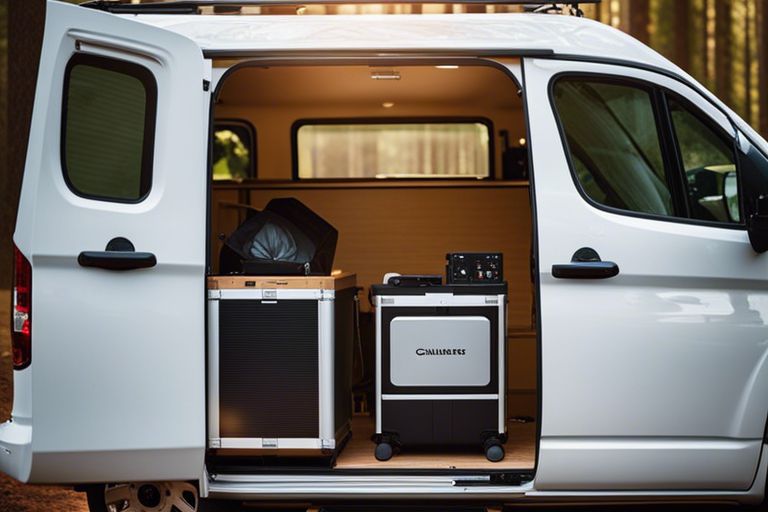
Overwhelmed by the endless options for power sources during your outdoor adventures? Let’s talk about portable solar generators. Are they really worth the investment? In this blog post, we’ll break
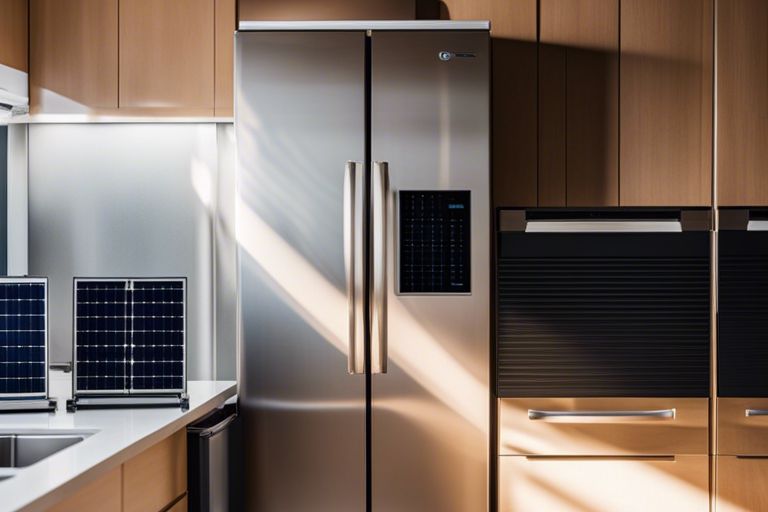
Generator If you’re wondering if your solar generator can handle running a refrigerator, the answer is yes – with some considerations. In this guide, we’ll research into the power requirements